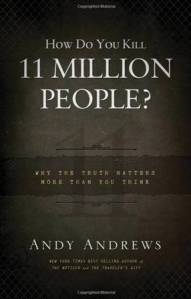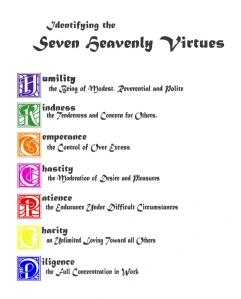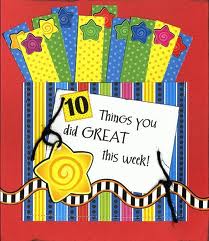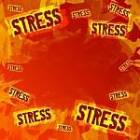[caption id="attachment_342" align="alignright" width="206"]
 A Paradox of Joy and Sadness[/caption]
A Paradox of Joy and Sadness[/caption]On the one hand . . .
The day that should bring the most joy to the world and to each of us is at the same time the day that brings great sorrow to so many of us. Why is that, do you think?
We look around us and see on every hand examples of joy and happiness. TV commercials disguise the desire to sell you something as the “joy” of giving and loving others.
Millions travel millions of miles to be with family and friends. Everybody's making the journey to be happy, right?
Beautiful decorations go up on every door and many lawns to spread the joy of Christmas, right?
Love, Peace, and Joy to the World are all expressed in yuletide carols being sung by choirs.
On the other hand . . .
Many people can't get home for Christmas – deployment, distance, death.
Many people won't get home emotionally for Christmas – wrongs suffered, shame and guilt, broken relationships.
So a time of joy for many is also a time of despair for just as many because they can't have the storybook ideal of family, hearth, gifts, singing, and peace.
It's too often a lonely room – or the lonely corner of a crowed room – filled with thoughts of what was and is no more; of loved ones estranged; of relationships strained; of angry words spoken that can't be taken back; or of hearts broken.
So many of us spend so much time with the “Ghost of Christmas Past” as Dickens put it, that we can't enjoy the present or even imagine a different future.
This ghost is most often our memories, our negative thoughts, of loves lost, hurts suffered, guilt and shame over hurts given, anger over offenses, sadness over separation, and your own personal thoughts. It's just thoughts; distracting, disturbing, disorganized, destroying thoughts. THOUGHTS! NEGATIVE THOUGHTS!
They are heavy, negative thoughts such that when the weight has accumulated enough from frequent replaying, they beat us up emotionally and beat us down physically until we often, in despair, reach out for anything to mask the pain – a bed, a bottle, a pill, a needle, or worse.
If it didn't have to be that way . . .
If there were a way that this Christmas could be free of the shackles of negative thoughts, would that be a gift worthy of the season?
If there were a way that this Christmas you could make clear-minded, rational decisions about restoring relationships, would that be desirable?
If there were a way that this Christmas you could enjoy the original peace of the season in your mind, heart, and soul, would that please you?
I'm offering you that worthy, desirable, pleasing gift. You can have it today.
God bless,
www.findingpersonalpeace.com



















